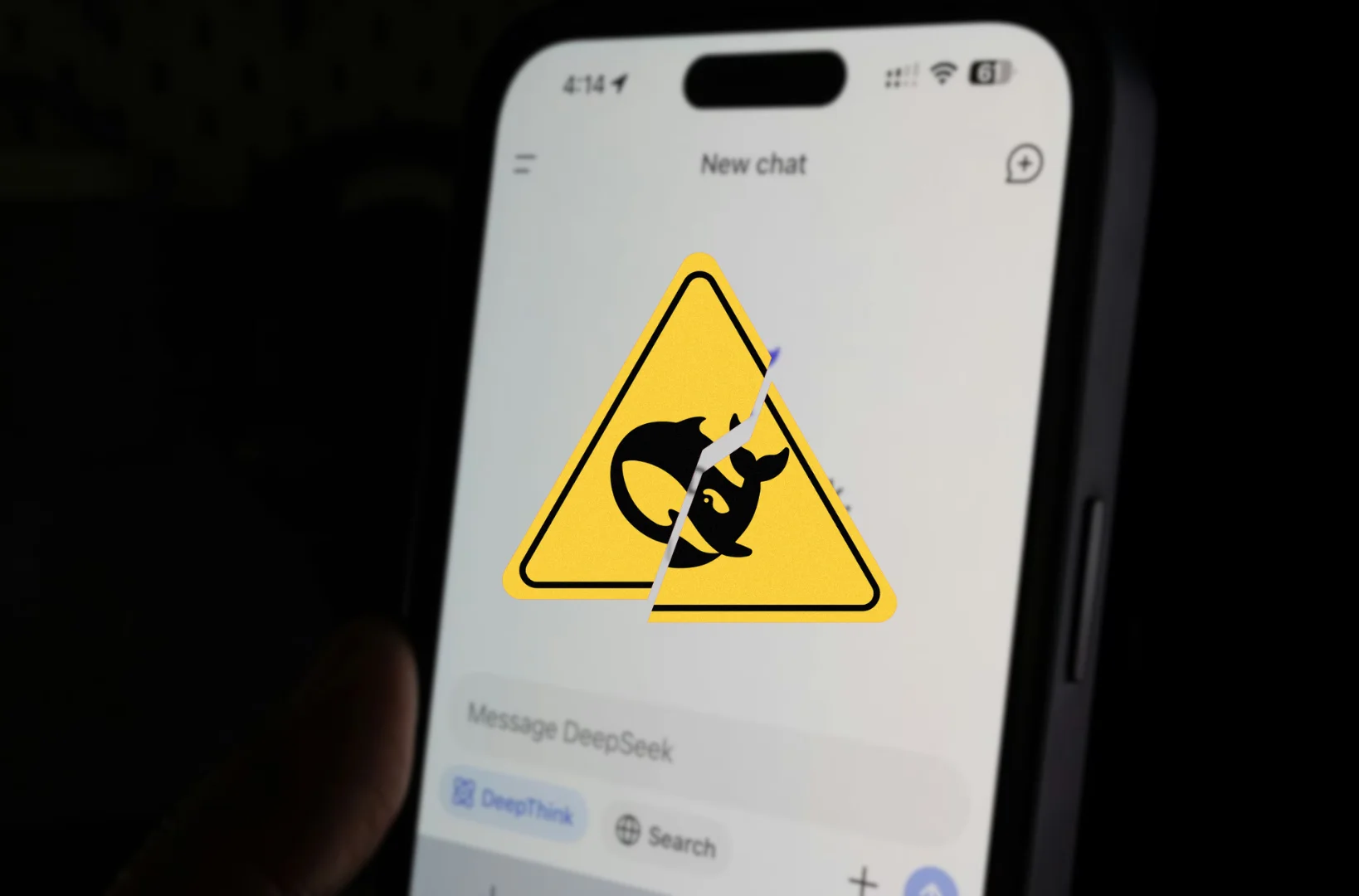In a rapidly evolving digital landscape, Chinese cyberspies executed a supply chain attack on a South Korean VPN provider, raising serious concerns about encrypted communications and corporate network security.
This attack is a stark reminder of the growing risks associated with supply chain vulnerabilities where a single compromise in a trusted service can lead to widespread infiltration of sensitive networks. Given the strategic importance of VPNs in protecting data, the implications of this breach are severe, affecting businesses, governments, and individual users alike.
The Attack: A Deep Dive into the Breach
According to cybersecurity researchers, the attackers compromised the VPN provider’s software update mechanism, a tactic commonly known as a “watering hole attack.” By injecting malicious code into legitimate software updates, they ensured that unsuspecting users whether corporate entities or government agencies unknowingly installed backdoors into their systems.
How the Attack Unfolded
- The attackers first infiltrated the VPN provider’s software development or update infrastructure. This could have been achieved through phishing attacks on employees, exploiting unpatched vulnerabilities, or using insider threats.
- Once inside, they modified the software update package, embedding malware designed to exfiltrate data and provide remote access.
- Since VPN users trust software updates from their provider, they installed the tainted updates without suspicion, unknowingly compromising their systems.
- The malware granted the attackers persistent access to users’ devices and networks, enabling them to steal sensitive information, monitor communications, and deploy further exploits.
What Makes This Attack So Dangerous?
- Because the malware was injected into an official update, traditional security tools often failed to detect it.
- Any organization using the compromised VPN software became a potential victim, including multinational corporations and government agencies.
- Many victims remained unaware of the breach for weeks or even months, allowing the attackers to conduct extensive espionage operations.
This attack showcases the ever-evolving strategies employed by cyber-espionage groups and highlights the need for stringent cybersecurity protocols in software development.
Why VPN Providers Are Prime Targets
VPN (Virtual Private Network) services are designed to secure online communications by encrypting data and masking user locations. However, their critical role in cybersecurity makes them highly attractive targets for hackers, especially those backed by nation-states.
Key Reasons Why Cybercriminals Target VPN Providers
- Access to Confidential Communications – Since VPNs handle encrypted traffic, compromising them allows attackers to intercept and decrypt sensitive communications.
- Government & Military Espionage – Many government institutions rely on VPNs to secure their communications, making them prime targets for state-sponsored hackers.
- Business & Corporate Data Theft – Enterprises use VPNs to protect intellectual property and financial transactions, making an attack on a VPN provider an easy way to infiltrate multiple organizations.
- Supply Chain Domino Effect – A single breach in a VPN provider can cascade into thousands of compromised users, affecting businesses, journalists, activists, and even critical infrastructure sectors.
- Stealthy Exploitation – Unlike phishing attacks or ransomware, supply chain attacks through VPNs provide silent, long-term access to a target’s network, making them extremely valuable for espionage.
The very tool designed to protect online privacy and security can become a gateway for cybercriminals if compromised, making VPN providers one of the most strategic attack vectors in modern cyberwarfare.
Who Is Behind the Attack?
Though no official attribution has been made, cybersecurity analysts strongly suspect a Chinese Advanced Persistent Threat (APT) group was responsible. Chinese APT groups, such as APT41 (Barium) and APT27 (Emissary Panda), have a well-documented history of targeting supply chains, government agencies, and corporate networks to conduct cyber espionage.
Why China Might Be Involved
- Geopolitical Tensions – South Korea plays a crucial role in regional security, especially in intelligence-sharing alliances with the U.S. and Japan.
- Tech Espionage – Chinese APT groups often target technology firms, research institutions, and defense contractors to gain an edge in innovation.
- Cyberwarfare Strategy – China’s cyber operations emphasize long-term intelligence gathering rather than immediate financial gain, aligning with the stealthy nature of this attack.
By compromising a widely used VPN provider, Chinese cyberspies could gain unrestricted access to sensitive communications across South Korea and beyond, posing a major threat to national security.
The Fallout: A Global Cybersecurity Crisis
This attack has far-reaching consequences beyond South Korea. Since many international businesses and government agencies rely on VPN services, the ripple effect of such a breach could extend worldwide.
Who Is at Risk?
- Corporations: Enterprises using the compromised VPN may have suffered data breaches, exposing trade secrets and sensitive financial data.
- Government Agencies: Intelligence agencies and military networks that relied on the VPN service could have been exposed.
- Journalists & Activists: Those using VPNs to bypass censorship and protect sources could have been put at risk.
- Consumers: Individuals who used the VPN for privacy could have had their browsing activity monitored and personal data stolen.
The nature of supply chain attacks means the full extent of the breach may take months or even years to uncover, leaving affected parties vulnerable to future cyberattacks.
How to Protect Against Supply Chain Attacks
To defend against supply chain attacks, individuals and organizations must take proactive cybersecurity measures.
For Businesses & Organizations:
Implement Zero-Trust Security – Assume that no device or software update is automatically safe; verify all activity.
Regular Security Audits – Conduct periodic penetration testing and vulnerability assessments.
Use Multi-Layered Security Solutions – Employ endpoint detection, behavioral analytics, and network monitoring.
Restrict Access to Critical Systems – Use network segmentation to limit exposure in case of a breach.
Monitor for Anomalies – Set up intrusion detection systems to flag unusual activity.
For Individual Users:
Verify Software Updates – Only download VPN and software updates from official sources, and verify digital signatures when possible.
Use Strong Authentication – Enable multi-factor authentication (MFA) for added security.
Avoid Free or Unverified VPNs – Stick to well-known, reputable VPN providers that undergo regular security audits.
Stay Informed on Cyber Threats – Keep up with the latest cybersecurity news to recognize potential risks.
By taking these precautions, users and organizations can minimize their exposure to supply chain attacks and strengthen their overall cybersecurity posture.
Final Thoughts: A Wake-Up Call for Cybersecurity
The attack on the South Korean VPN provider serves as a chilling reminder that even the most trusted security tools can become vulnerable if not properly safeguarded. As cyber threats grow more sophisticated, businesses and governments must prioritize security measures, especially within their software supply chains.
In an era where cyber warfare is becoming a major geopolitical tool, staying ahead of adversaries requires constant vigilance, proactive defense strategies, and a collective effort to secure digital infrastructures worldwide.
Suggested reads:
Nintendo Switch 2 Leak Reveals 360-Degree Console Render
Nvidia RTX 5090 GPU: Unmatched Performance for Gaming & Content Creation
Nintendo Switch 2 Teases Mario Kart as First Title | What to Expect

Zuruiz is a Content Contributor at Technado, focusing on digital marketing and development. He combines creative strategies with technical proficiency to deliver engaging and results-driven content.








